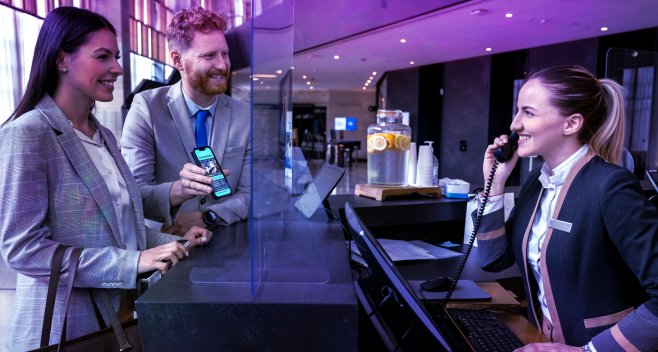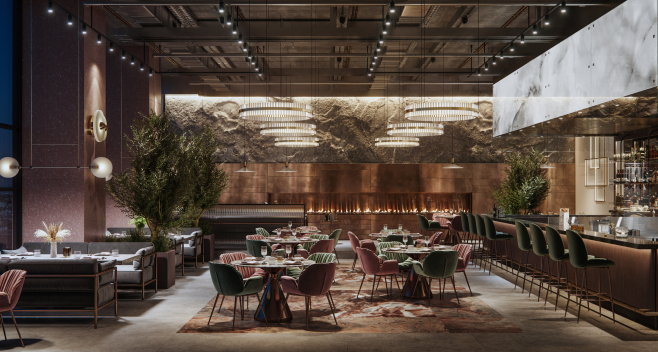



Case Study | Retail & CPG

Standardizing brand operations and quality assurance with Salesforce sales and service cloud platform
The client is a prominent global hospitality company with a vast portfolio of 22 distinct world class brands, encompassing over 7,000 properties and over 1.1 million rooms, spanning 120+ countries and territories. Additionally, the company operates an extensive loyalty program with 150 million members.
To maintain consistent and superior guest experiences across its brands and properties worldwide, the client established a dedicated team known as Brand Operations and Quality Assurance. This team’s responsibilities encompass evaluating the physical hotel brand experience, from large-scale fixed renovations, property improvement plans and replacement of items like beds, dressers, carpets, etc to transient marketing campaigns and branding efforts. A key strategy of this team is to create globally standardized processes to provide clarity to each property regarding their engagement with the team and the execution of these processes.

Brillio was selected as a partner due to its ability to provide a customized approach that aligned seamlessly with the diverse set of decision-makers across company’s three global regions: Americas, EMEA, and APAC. Additionally, Brillio demonstrated a high level of technical expertise in Salesforce sales and service clouds, proving to be a trusted extension of company’s Brand Standards and Support (BSS) team.
The core differentiator for Brillio lay in the trust it built with the hospitality leader. Brillio effectively served as an extension of company’s BSS team, earning the confidence of business users in scoping, managing, and delivering high-quality solutions. Brillio’s solution was centered around a globally common Salesforce sales and service cloud platform as some community, facilitating the management of business processes across the spectrum of brand operations and brand compliance quality assurance.
Brillio’s deployment strategy revolved around treating each business process or business team as a separate workflow within the common platform. Notable examples of these business processes included Marketing and eCommerce Support (MEC), Fixed-Revenue Cycle Management (FRCM), and Brand Quality Assurance and Property Improvement Plans (PIPs). For each business process, Brillio did an upfront discovery and design. This was followed by an iterative development methodology, ending with a UAT and go-live phase. The deployment process followed these key phases:
Discovery and Design: Each business process underwent an upfront discovery and design phase, allowing Brillio to understand client’s specific needs and requirements thoroughly. We drove global workshops to get alignment across the regions on the future state business process. These sessions were highly collaborative. This was not just about capturing requirements, but about facilitating stakeholders to a future state solution that was better than their current processes.
Iterative Development: An iterative development methodology was employed, ensuring that the solutions were refined and improved continuously based on feedback and evolving business needs.
User Acceptance Testing (UAT) and Go-Live: The deployment culminated with a User Acceptance Testing (UAT) phase, where the solutions were rigorously tested by the client’s teams. Upon successful testing, Brillio facilitated a seamless transition to the go-live phase, ensuring minimal disruption to hospitality company’s global operations.
The client realized several significant benefits from its collaboration with Brillio which were as below:
Standardized and Streamlined Processes: The implementation of globally common processes standardized and streamlined brand operations and quality assurance processes, leading to consistent guest experiences.
Global Alignment: The company achieved global alignment on processes and operating models, fostering better coordination and efficiency across its geographically dispersed properties.
Operational Metrics and Reporting: The Salesforce platform facilitated the tracking of operational metrics and provided lightweight reporting on business operations, enabling the hospitality company to make data-driven decisions and optimize its processes.